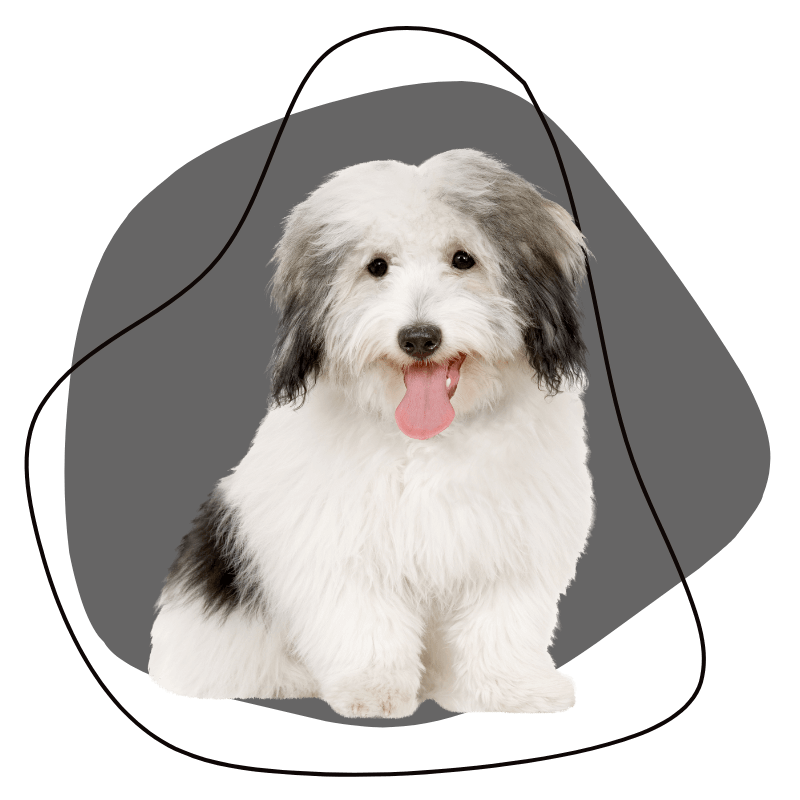COMPASSION | INTEGRITY | TRUST
Spay & Neuter
One of the most crucial decisions you make regarding the long-term health of your pet is whether to spay or neuter them.

Veterinary Services
Spay & Neuter
Having your pet spayed or neutered doesn’t only benefit your pet. It also benefits our entire community. Animal overpopulation is a serious issue that puts stress on animal shelters. Millions of animals are euthanized in shelters every year because they can’t find homes. Spaying or neutering your own pets helps reduce animal overpopulation, as it eliminates their abilities to reproduce.
When your pets are spayed or neutered at Laurel Pet Hospital, they receive preoperative blood work, allowing us to ensure that your pets are well enough for surgery. They also receive IV fluids, pain medication during and after the procedure, and a buster collar to wear at home. While under anesthesia, your pets’ full vitals are monitored, including heart rate, blood pressure, oxygen saturation, and ECG.
Spaying
Spaying is a common surgical procedure performed on female cats and dogs. During the surgery, the patient’s uterus, ovaries, and Fallopian tubes are removed so the animal can no longer reproduce. Laurel Pet Hospital veterinarians recommend spaying your pets when they are around six months old, depending on the breed. It is ideal to spay before the first heat. Consult your Laurel Pet Hospital veterinarian to determine the best time to spay your pet.
Benefits of Spaying
Spaying has more benefits than just preventing unwanted pregnancies and fighting animal overpopulation. Spaying also:
- Reduces your pet’s risk of breast cancer
- Eliminates the messy, stressful heat cycle
- Eliminates the risk of ovarian and uterine tumors
- Eliminates the risk of uterine infections
What to expect after surgery:
Spaying is a major surgery, so after being spayed, your pet will need 10 to 14 days of recovery time while the sutures are in place. Postoperative rest and pain relievers keep your pet comfortable during this recovery period. After surgery, your pet will need to wear a protective buster collar while the incision heals to keep her from licking and biting the incision. This lowers the chance of infection.
Neutering
Neutering is performed on male cats and dogs. When animals are neutered, their testicles are removed so they can no longer impregnate other animals. Laurel Pet Hospital veterinarians recommend neutering your pets when they are around six months old, depending on the breed. Consult your Laurel Pet Hospital veterinarian to determine the best time to neuter your pet.
Benefits of Neutering
Neutering has more benefits than just preventing unwanted pregnancies and fighting animal overpopulation. Neutering also:
- Reduces aggressive behavior and overly dominant tendencies
- Reduces roaming and territory-marking
- Eliminates the risk of testicular cancer
- Reduces the risk of benign prostatic hyperplasia
- Reduces the risk of prostatic infections
What to expect after surgery:
Although neutering is less invasive than spaying, it is still a major surgical procedure, and it still requires 10 to 14 days of recovery time while sutures are in place. Postoperative rest and pain relievers keep your pet comfortable during this recovery period. After surgery, your pet will need to wear a protective buster collar while the incision heals to keep him from licking or biting the incision. This lowers the chance of infection.
To learn more about spaying and neutering, or to schedule an appointment to have your cat or dog spayed or neutered, contact Laurel Pet Hospital today.

